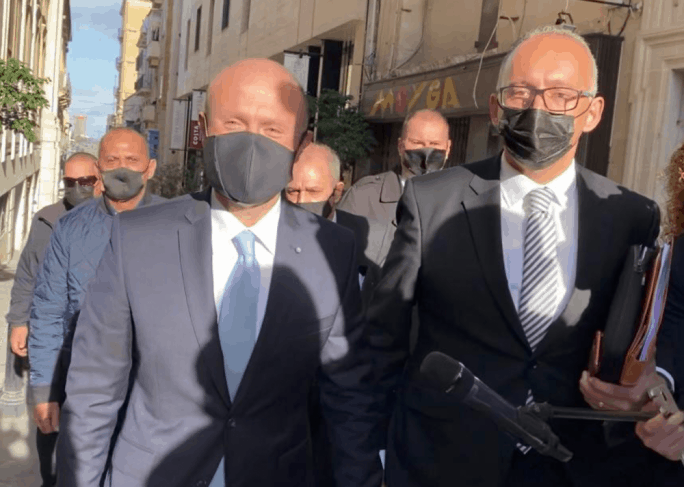
The Daphne Caruana Galizia inquiry report is perfectly clear that it stopped collecting evidence of corruption and bad governance during the Joseph Muscat years when it felt it had more than enough to reach the conclusions it was required to examine in its terms of reference.
But, the inquiry also said, there’s more.
There are indeed a few references in the text to evidence sent to them after they had already made up their mind and that without incorporating that evidence that came late, there was nothing they saw or heard that could have changed their views about the State’s responsibility for the killing of Daphne Caruana Galizia.
One other point they make is that they had to stop lawyers for the Caruana Galizia family from giving all the evidence they meant to give to prove bad governance and corruption in public entities, public procurement processes and contracts, and law enforcement and regulation of economic activities.
Enough, already, they sounded exclaiming in exasperation as more and more evidence piled up that showed that Joseph Muscat had been running a criminal organisation that only formally looked like a government.
The inquiry report then makes another remark. Just because it had not been in their competence to investigate and document all the corruption and bad administration of the Joseph Muscat years, it didn’t mean that no one else should be doing that. Quite the contrary. And, they added, the evidence collected by the inquiry could be useful for other state agencies or inquiries looking at crimes and wrongdoing that happened in the period.
At that point, they confirm that “during the inquiry, the Police Commissioner filed an application to be provided with an official copy of sworn depositions by witnesses to help investigations into reports of alleged perjury filed against them.” This followed the initiative of Arnold Cassola who pointed out contradictions in the evidence given to the inquiry by Joseph Muscat, Keith Schembri, Edward Scicluna, Mark Gasan, and Paul Apap Bologna.
And then, the inquiry board openly slaps Owen Bonnici and Peter Grech. The two, as Justice Minister and Attorney General, delivered presentations to the Legal Affairs Committee of the Council of Europe to argue that an independent inquiry would hinder criminal proceedings. The Council of Europe disagreed and gave Malta an ultimatum to start the inquiry.
The inquiry board says that Bonnici and Grech held “an altogether mistaken opinion”. “The Board cannot understand how the search for truth in an inquiry that establishes facts on the conduct of the administration could in any way prejudice the presumption of innocence that an accused person is entitled to, since after all their guilt or innocence is not a question the inquiry is asking. On the contrary, the facts that come out of an inquiry could give a valid contribution to the fair hearing of the accused.”
True that. The evidence may yet bring us closer to justice for people who still haven’t been asked for their crimes but may suffer some consequence for having been caught lying about them.